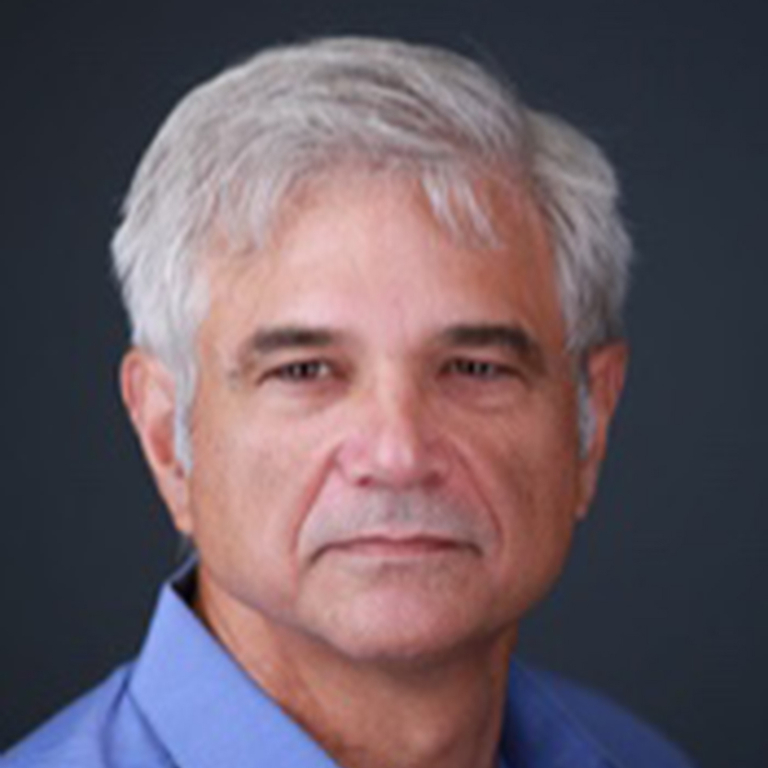- Ph.D., U.C. Irvine, 1993
- M.A., U.C. Irvine, 1987
- B.A. , Claremont McKenna College, 1984

Byron Santangelo
Professor, English

Professor, English
I describe myself as a “nomadic” intellectual: working across disciplinary boundaries, bringing different literary traditions into conversation, and seeking to make the connections between literary studies and “the world” more apparent. My research and teaching interests include African literature, postcolonial studies, and the environmental humanities.
My last book, Different Shades of Green: African Literature, Environmental Justice, and Political Ecology (Virginia, 2015), deploys an interdisciplinary critical framework to make visible legacies of African environmental writing. These legacies, I argue, have been neglected as a result of dominant Western conceptions of nature and environmentalism that all too often separated environmental projects from issues of social struggle and injustice. I am also the author of African Fiction and Joseph Conrad: Reading Postcolonial Intertextuality (SUNY, 2005), and I co-edited Environment at the Margins: Literary and Environmental Studies in Africa (Ohio UP, 2011), which was the first collection of its kind. Most recently, I have contributed chapters to a wide range of field-defining collections, including Refugee Writing: Contemporary Research Across the Humanities (2020) and The Cambridge Companion to Literature and the Anthropocene (2021).
I am currently working on a book project entitled “Storytelling for the Present and Future: Climate Nonfiction as an Art for Our Time,” which examines how authors around the world deploy creative nonfiction to write about global warming, and the significance of their use of genre for the development of a “narrative imagination” suited to our unprecedented times. I am particularly interested in what I characterize as postcolonial climate nonfiction that disrupts received modes of apprehension and disavows authoritative narratives of collapse or salvation. This mode of storytelling, I argue, gestures towards a collective project of making-with that attempts to keep the story of the future open.
I teach a wide range of courses, including: introductions to African literature, environmental writing, and environmental ethics; and seminars in postcolonial/decolonial studies, South African literature and culture, climate change and literature, and environmental justice. My passion for teaching has been recognized through a variety of awards across my career.
A commitment to diversity, equity, and inclusion informs all my professional practices and activities. A widely circulated poster informs us that “Diversity is fact. Equity is a choice. Inclusion is an action. Belonging is an outcome.” I agree with this sentiment, but I would also add: Justice is a goal. In this context, I assert that the concept of justice draws attention to responsibility for inequality and lack of inclusion and to the ongoing struggle against institutional structures and historic processes that have privileged some while discounting the lives and humanity of others. My teaching and research are always informed by a commitment to social and environmental justice, and I seek to make visible forms of knowledge and representation that enable movement towards more equitable, inclusive, and sustainable futures.